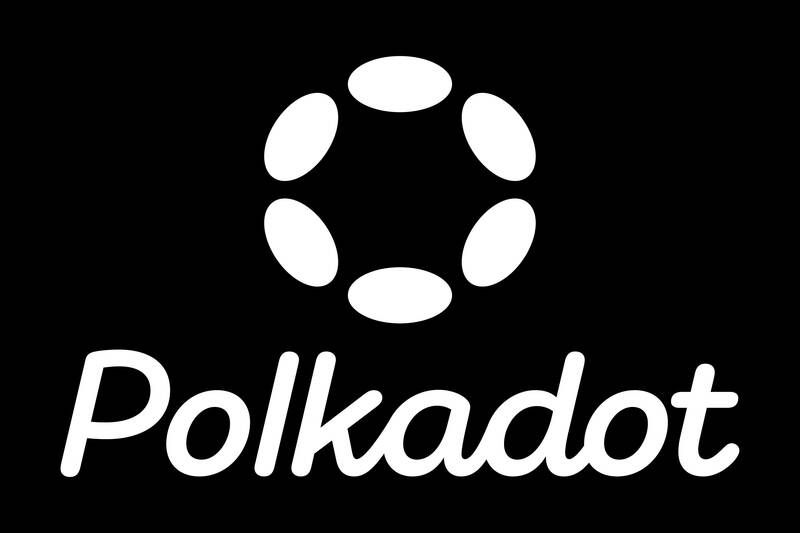The team behind , one of the earliest rivals in the cryptocurrency industry, will join Web3 Summit '24 in Berlin from August 19-21.
Web3 Summit is returning after a five-year hiatus. Organised by the Web3 Foundation, the event will be held at the historic Funkhaus Berlin and will attract over 60 speakers and over 40 talks.
According to its official agenda, the Web3 Summit will focus on key developments in blockchain, decentralized technologies, and Web3 innovation. Featured speakers include Gavin Wood, co-founder of Ethereum, and Juan Benet, the creator of IPFS and , who will offer their perspectives on the future of the decentralized web.
Participants will be able to enjoy a variety of activities, including workshops, presentations, and a 72-hour hackathon, the Blockspace Symmetry Hackathon. This hackathon offers developers the opportunity to compete for major grants through a two-milestone prize structure.
In addition to the main events, Web3 Summit will host community-driven activities such as an opening party on August 19 and a happy hour on August 20. Attendees can also claim their Proof of Attendance Protocol (POAP) credentials, which are powered by dynamic NFT technology on Polkadot.
According to its recent treasury report, Polkadot allocated $87 million worth of DOT to various initiatives in the first six months of 2024.
Marketing and outreach activities accounted for the majority of spending, with over $36 million allocated to advertisements, events, meetups, conference hosting, and other initiatives. These expenditures, which doubled the pace of the previous six months, were justified in order to attract new users, developers, and businesses to the Polkadot ecosystem.
After finalizing Polkadot 1.0 in July 2023, the blockchain community is now preparing for Polkadot 2.0, which is supported by advanced technologies such as Async Backing, Elastic (NYSE:) Scalability and Agile Coretime.
These upgrades allow Polkadot to function similarly to cloud services like AWS or Azure. High-demand projects will benefit from increased transaction throughput, while early-stage projects can control costs by paying only for the core time they actually need.







